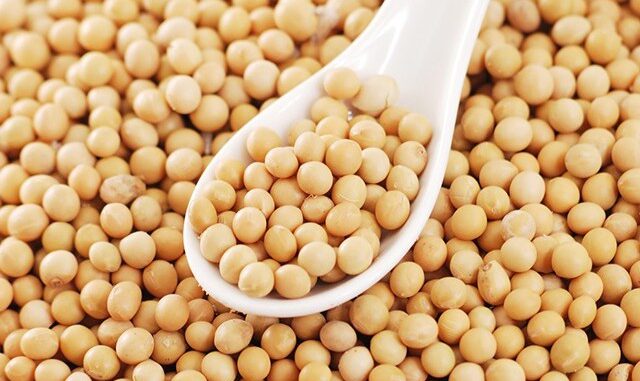

THE East London Terminal handled its first soya beans export vessel recently when St Columbia started loading 30 000 metric tons destined for Malaysia. Terminal performance saw an average of 207 tons per hour against a target of 90 tons per hour, with minimal interruptions over the planned six days of loading.
The terminal’s agricultural volumes continue to increase this year after nearly two years of the grain elevator’s temporary closure due to a severe decline in agricultural bulk volumes regionally. Terminal Manager Naliya Stamper said, “While we started with maize and wheat vessels early on in the year, it’s a big achievement for us to handle soya bean exports as they have not previously formed part of our agricultural exports”. She added that the terminal had collaborated with industry, and local and regional stakeholders to unlock further economic opportunities for the Eastern Cape region.
The grain elevator which is also one of the largest silos in the country, with a capacity of 66 000 tons became financially constrained and a decision was taken to temporarily close the facility until business opportunities opened in the market. The terminal continued to discharge grain using a direct discharge operating model, where cargo is loaded in trucks and taken to an external facility immediately. “The export of the first consignment of soya beans in the Eastern Cape is a true milestone and we are growing from strength to strength with each passing month, as we aim to return to what we are known for globally,” said Stamper. She added that only one trial of soya beans export was ever done at the terminal in the early eighties, and it was unsuccessful.
South Africa has in the recent past increased its production with the introduction of policies to attract new seed technology for soya beans, further attracting investment. According to Grain South Africa, the breeding and technology levy was introduced into the market to incentivise the development of new cultivars and technology. Yield increases are expected as new cultivars will be more adapted to local growing conditions and with producers’ knowledge in terms of local production practices increasing as well.
The East London Terminal forms part of a network of 16 sea cargo and three inland terminals managed by Transnet Port Terminals (TPT). TPT is a division of Transnet SOC Ltd and South Africa’s (SA) leading terminal operator responsible for loading and offloading cargo aboard vessels calling the seven South African ports. The company provides import and export services for both domestic and global markets through a staff compliment of 9000 across 16-sea cargo and three inland terminals. TPT operations target four major market sectors namely automotive, containers, bulk, and breakbulk.
